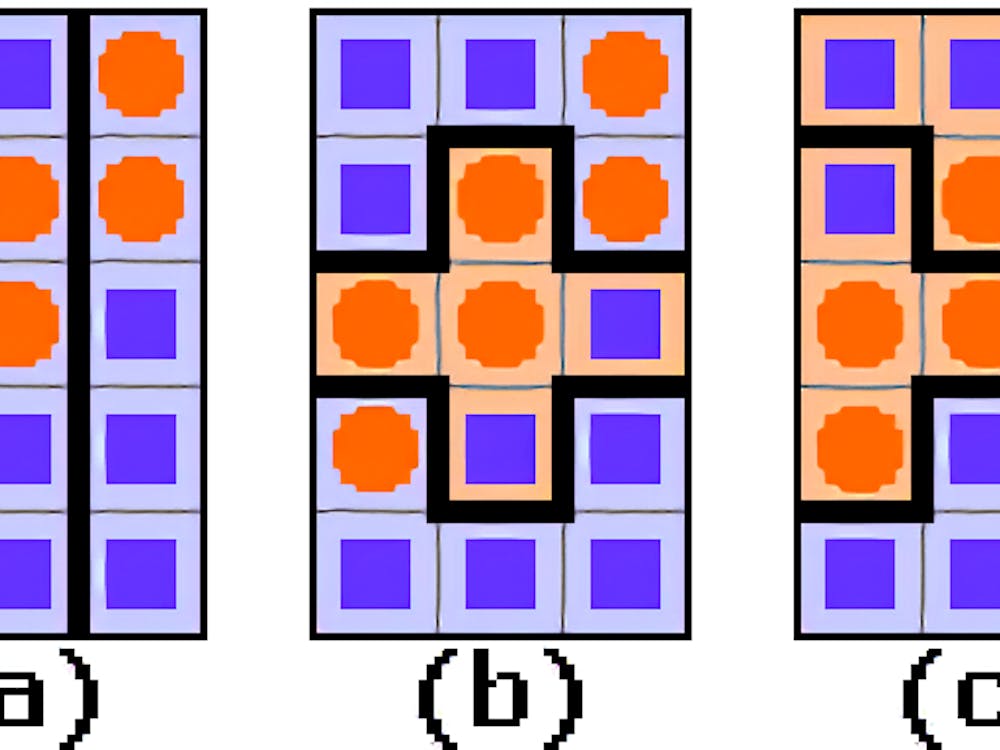BY ABBY BIESMAN
Failure is many people’s biggest fear and understandably so because we have been raised in a culture and we live in an environment where not only is success expected, but failure seems to indicate lack of future success. Learning to fail is one of the most important skills, tools and experiences we can have. Failure instills resilience in us, which allows us to conquer future hurdles.
But a few years ago my mom posted a sign on our refrigerator that read, “What did you fail today? Congratulations!” My parents wanted us to not be afraid of failure, to not be inhibited by it and to learn to grow from it. Their goal was to provide us the tools to handle failure and to cope with it. If we failed because of a lack of effort, we would have to suffer the consequences of our inability to take action and those were our only reprimanded failures. And failure was not just a bad or unsatisfactory grade. It was failing a close friend, a family member, a teacher. It was failing our own personal goals and ourselves. The majority of our failures in life will most likely occur outside of the classroom.
The fear of failure contributes to academic culture — it increases anxiety, invoking health issues such as poor eating habits and lack of sleep. In this sense, it is destructive to learning culture. We are so focused on succeeding, on getting above the average, that we forget why we are learning. Oftentimes we study for an exam and then forget everything on it simply because we don’t feel that knowledge is any longer applicable or necessary.
I had a teacher in high school, Dr. Echerd, who was the epitome of a lifelong learner. He taught AP European History my senior year. He lectured largely from memory, remembering the most intricate details, really bringing history to life for the class while simultaneously being a scholar of art and languages among other fields. We covered material unnecessary for the test, but that he wanted us to know. He taught us for the sake of learning.
His class was designed like a college course, and we had very few grades. Before our first test he gave us a lecture about integrity, telling us that this is largely the one thing we choose in our lives. In a way, our friends are predicated for us. Our family is circumstantial. Our lifestyles are consequential. But we can choose our integrity. Going to a high school with a strict honor code, he encouraged us to sacrifice points on an assignment rather than to violate our integrity. We will never remember those points we lost but we will always remember violating our integrity. When I go back home I try to pay him a visit because not only did he teach me history, he taught me a new approach to life. And regardless of our grade, of our intellect, he treated each of his students with the same level of respect, never favoring the ‘A’ student nor reprimanding the ‘C’ student. He simply encouraged individual excellence.
I have learned that failure is not an indicator of who I am as a person — only I can determine that. Failure is inevitable and it is okay to fail. How I respond to failure is an indicator of my character. This principle is one that I still struggle to actualize.
What I am not suggesting is that it is okay to be lackadaisical, to forget about our work and our responsibilities. But it is okay to put our best foot forward and to find that it’s not enough. These events should not tear us apart, and we learn from them so that we can act differently in the future. We are always growing and we are always learning.
When we act with integrity, we will find that we reach for excellence and not for perfection. Perfectionism is sometimes indoctrinated from outer pressures whereas striving for excellence must come from within. Our ability to maintain our integrity and our ability to be resilient can lead to success and are a part of success’s foundation. These traits will also help us cope with failure.
In Marianne Williamson’s book A Return to Love there is a passage about actualizing the greatness of our individual characters. This passage is also quoted in Akeelah and the Bee and reads, “As we are liberated from our own fear, our presence automatically liberates others.” We should interpret this as both a community and a generation. Together we can learn to be resilient and to act with integrity, and the rest will follow. The most detrimental failures can be the best gifts.
Abby Biesman is a sophomore International Studies major from Nashville.




